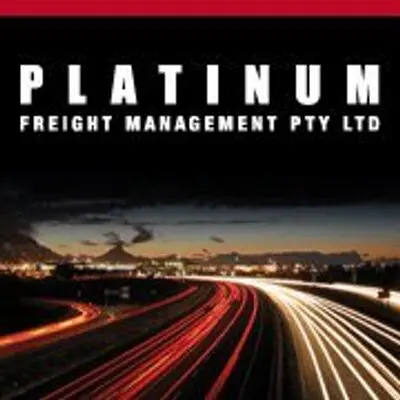
 As the issue of drones invading privacy – or causing accidents – heats up, following another case reported in Sydney last month, I can say that importing laws offer little solace for victims, but they could be a good starting point for regulation.
As the issue of drones invading privacy – or causing accidents – heats up, following another case reported in Sydney last month, I can say that importing laws offer little solace for victims, but they could be a good starting point for regulation.
CASA has openly said it has difficulty policing the use of drones because, with a huge 5km reach, and no license or registration necessary, the user of an illegally-operating drone is virtually impossible to locate. But it is an absolute fact that if we are to protect the safety of airspaces and the privacy of individuals, Australia needs strict rules to manage drones.
If this can’t be achieved in policing, then it should certainly begin in importation and distribution.
Currently in Australia neither the Customs Act 1901 nor the supporting Customs (Prohibited Imports) Regulations 1956 offer mention of the importing of remotely piloted devices (drones), which is unsurprising given the years in which each piece of legislation was formed.
While I 100 per cent support the authorities continuing to work on an adequate policing system, including a system of licensing for the operation of drones, I accept that aviation regulators globally are struggling to find an effective way.
So let’s look at regulation around imports, which is my area of specific interest. Is there an opportunity for CASA to put in place licensing around the importation and distribution of drones? I believe there is.
If drones were to be specified as a controlled item, and therefore a permit required to import them, this permit number would be required on the import declaration before Border Force (ABF) could release the goods, following Prohibited Imports Regulations. This would prevent individuals from importing without a license, meaning authorities would know who imports drones and how they are being distributed.
This is not foolproof of course. It is only the starting point. The flaws with the plan are mostly around the risk of a black market economy of unlicensed drones due to insufficient checks at Customs. It is yet another element of the pandora’s box of problems we already face with low-value imports, which I feel very strongly about and which I wrote about last month, exposing a sore point with the ABF.
But at least with my proposed plan for appropriate rules and processes, for the first time there would be a basis from which regulation could begin and rules could be actively enforced, rather than our current situation of ‘ticking and ficking’ – or in other words no regulation, no checks and therefore absolutely no control.
Australia could then impose severe penalties, such as the destruction of goods, for importing without a license. Commercial penalties such as destruction of goods arguably could be quite effective on importers.
The future of tech commodities, especially recording devices, is that increasingly we can expect newly introduced items to challenge our traditional laws about safety and privacy.
Last year it was hoverboards (and they posed their own issues), last year and this year it is drones. They are both, quite simply, brilliant examples of the legislation not keeping up to date with trends.
So while authorities take the long road towards appropriate regulation of use, I want more confidence that authorities are doing what they can to protect us through regulatory measures that are immediately possible. As a citizen, I would expect immediate action. As a customs broker, I understand that this action is immediately possible, with support from CASA, the ABF and the Australian government.
Further reading (in media):
- http://www.smh.com.au/nsw/dashcam-captures-drone-crashing-into-car-on-sydneyharbour-bridge-20170511-gw2h5q.html
- http://www.news.com.au/national/breaking-news/man-fined-after-drone-crash-intovic-tower/news-story/e054476ca0f304d75a47645c4206ff6c
- http://www.abc.net.au/news/2015-08-27/lucky-no-injuries-in-mcg-drone-crash-atcricket-world-cup-atsb/6730940
CASA’s existing rules for use of drones:
- Basic rules for flying RPAs
About Platinum Freight Management
Platinum Freight Management Pty Ltd is a leading Australian customs brokerage and freight forwarding company born in 2000 by internationally qualified and 19-years experienced customs broker Peter McRae.
In 2015 McRae was named one of the top Customs Brokers of the Year at the Shipping and Maritime Industry Awards.
Platinum Freight operates seven days a week with extended hours customs-clearing cargo that enters and exists Australian ports and terminals through both Australian Border Force (formerly the Australian Customs and Border Protection Service) and the Department of Agriculture, Fisheries and Forestry (DAFF). The customs clearance formalities include processing air cargo, sea freight cargo, parcel post shipments and passengers who are carrying stock or equipment.
Platinum Freight operates across Australia, New Zealand and Hong Kong. It services clients ranging in size from individuals to SMEs and large companies. Australian Border Force has rated Platinum Freight as “highly compliant”.
CEO Peter McRae is committed to industry education. He has lectured on Customs Brokering at TAFE NSW (St George Campus) for eight years and is an Adjunct Lecturer at the Australian Graduate School of Policing and Security through Charles Sturt University.




